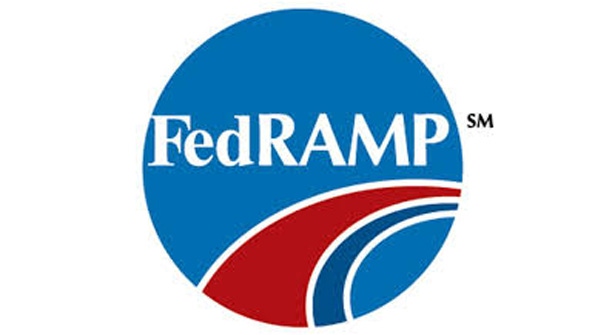The U.S. federal government's FedRAMP certification deadline was June 5, but considering the handful of cloud services providers that have successfully completed the registration process, there are bound to be many more who failed to meet the deadline.
June 6, 2014

The U.S. federal government’s FedRAMP certification deadline was June 5, but considering the handful of cloud services providers that have successfully completed the registration process, there are bound to be many more who failed to meet the deadline.
At the same time, there’s an indication of federal government agencies and departments that have yet to meet the FedRAMP requirements, which basically means they’re still using cloud services that are not vetted, verified and secured via the federal cloud restrictions.
After three years since the introduction of the Cloud First policy, federal agencies have been a touch slow to adopt cloud; and sometimes the contracts that have been signed have ended up creating a certain amount of controversy. A survey conducted by Accenture found that approximately 70 percent of federal agency reps said their cloud efforts were sluggish. The reason? Necessary staffing, slow cloud acceptance and lengthy procurement processes have gotten in the way of adopting such technologies.
Seeing as the FedRAMP deadline was June 5, that means as of today, either cloud services providers who have yet to meet the requirements are being forced out of the accounts they already serve or federal agencies are shrugging their shoulders at FedRAMP and continuing business as usual.
Many of the biggest cloud providers have already achieved FedRAMP status, including Amazon Web Services, Microsoft Azure (MSFT), Hewlett-Packard (HPQ) and Oracle (ORCL). But other major cloud providers are still stuck somewhere within the overall process. Those names include the likes of VMware (VMW), Dell and AT&T—not exactly names to ignore.
For smaller cloud providers who have been struggling to meet the requirements, the passing of the deadline could mean a significant blow to any federal government initiatives they had planned. That could mean lost sales. But for the bigger vendors, it could mean being pushed further onto the backburner when it comes to the public sector space.
Those who made the deadline will have a significant advantage in the federal space. Others may find themselves playing catch-up.
About the Author(s)
You May Also Like


